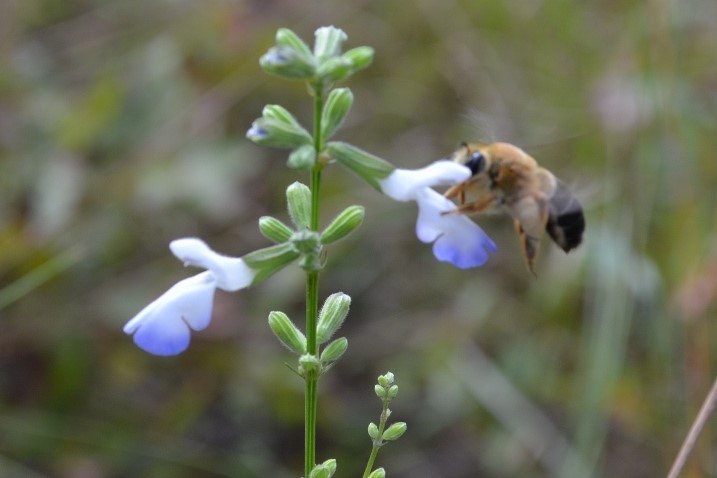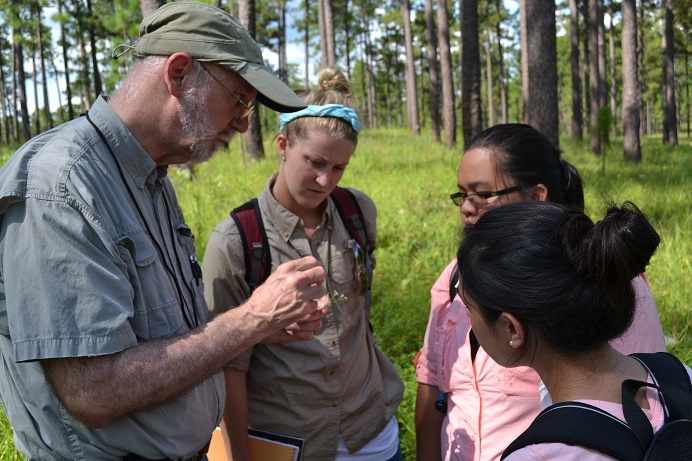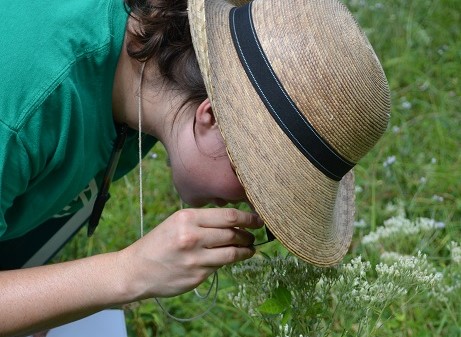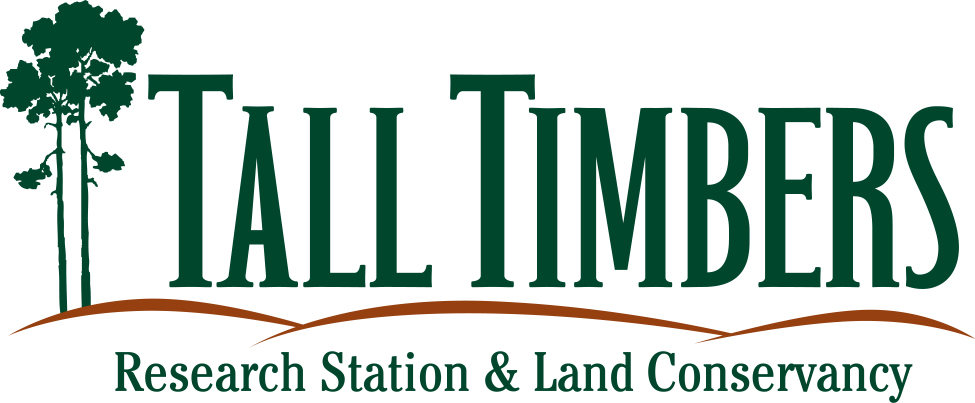Difference between revisions of "Coastal Plain Plants"
Krobertson (talk | contribs) |
Krobertson (talk | contribs) |
||
| Line 10: | Line 10: | ||
==Background== | ==Background== | ||
| − | Coastal Plain Plants seeks to compliment existing plant databases by providing a forum for sharing information that is not limited to published literature. While peer-reviewed books and articles compose an important body of information, a greater wealth of knowledge is carried by the numerous experts and enthusiasts who observe, record, study, and photograph plants and their associate insects, herbivores, pathogens, and competitors in the field. For almost half of the plant species in the region, there is little to nothing published about their life history characteristics beyond basic physical descriptions. Coastal Plain Plants promises to provide a new source of knowledge for specific plant species and a strong starting point for more systematic research into the life history traits of plants in the region. | + | Coastal Plain Plants seeks to compliment existing plant databases by providing a forum for sharing information that is not limited to published literature. While peer-reviewed books and articles compose an important body of information, a greater wealth of knowledge is carried by the numerous experts and enthusiasts who observe, record, study, and photograph plants and their associate insects, herbivores, pathogens, and competitors in the field. |
| + | |||
| + | For almost half of the plant species in the region, there is little to nothing published about their life history characteristics beyond basic physical descriptions. Coastal Plain Plants promises to provide a new source of knowledge for specific plant species and a strong starting point for more systematic research into the life history traits of plants in the region. | ||
The initial list of plants for which pages have been created contain mostly native upland pine-grassland plants with little previously published information, but the scope includes any native plants with the southeastern U.S. Coastal Plain from the north Atlantic states to eastern Texas. So there is plenty of room to grow! Consider becoming an expert contributor and help add to the knowledge of plants in the region. | The initial list of plants for which pages have been created contain mostly native upland pine-grassland plants with little previously published information, but the scope includes any native plants with the southeastern U.S. Coastal Plain from the north Atlantic states to eastern Texas. So there is plenty of room to grow! Consider becoming an expert contributor and help add to the knowledge of plants in the region. | ||
Revision as of 15:07, 11 June 2015
Coastal Plain Plants provides current knowledge about the ecology and life history of plant species in the southeastern U.S. Coastal Plain. Content is provided and updated by expert contributors in the region.
Background
Coastal Plain Plants seeks to compliment existing plant databases by providing a forum for sharing information that is not limited to published literature. While peer-reviewed books and articles compose an important body of information, a greater wealth of knowledge is carried by the numerous experts and enthusiasts who observe, record, study, and photograph plants and their associate insects, herbivores, pathogens, and competitors in the field.
For almost half of the plant species in the region, there is little to nothing published about their life history characteristics beyond basic physical descriptions. Coastal Plain Plants promises to provide a new source of knowledge for specific plant species and a strong starting point for more systematic research into the life history traits of plants in the region.
The initial list of plants for which pages have been created contain mostly native upland pine-grassland plants with little previously published information, but the scope includes any native plants with the southeastern U.S. Coastal Plain from the north Atlantic states to eastern Texas. So there is plenty of room to grow! Consider becoming an expert contributor and help add to the knowledge of plants in the region.



